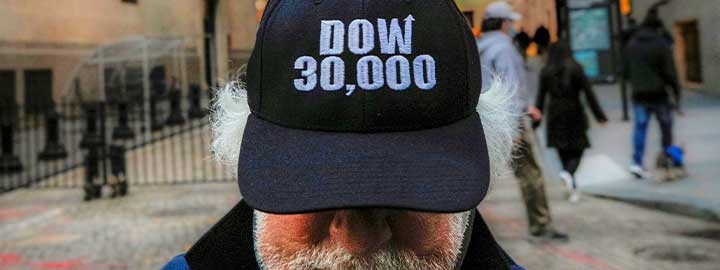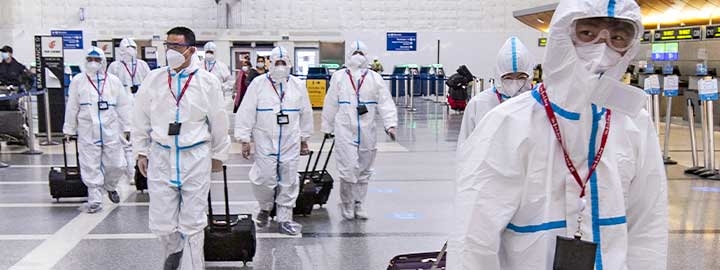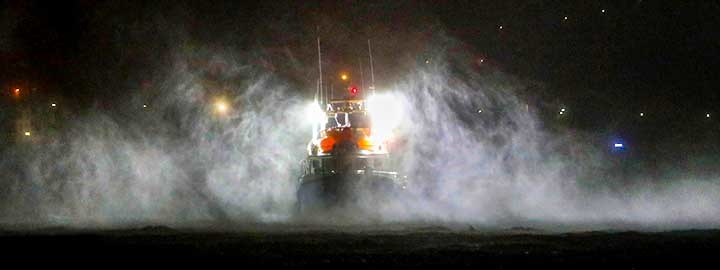__Technology
COVID-19 could help fast-track support for smart cities
The pandemic showed how far we’ve come toward realizing the promise of smart cities—and how far we still have to go
Smart cities harness technology and data analytics to ease key challenges of urban life. For example, they can monitor traffic to ensure its efficient flow, track energy use and measure pollution levels. To provide optimal services and increase efficiency and sustainability, smart cities must gather and analyze vast amounts of data on the surroundings and citizens’ everyday activities.
COVID-19 highlights possibilities
The pandemic revealed that much of the necessary smart city infrastructure and capabilities already exist around the world. In the US, for example, Chicago used anonymized cellphone data to analyze travel patterns and track whether people were self-isolating. And governments in China, South Korea and the Middle East used smartphone data to track individuals infected with the virus and map their contacts.
The pandemic also underscored the importance of partnerships between infrastructure, technology and mobility experts—a key to smart city delivery. Chicago executed its program in partnership with mobility data company BlueDot. Globally, manufacturers transformed their production lines to produce medical supplies and equipment.
Challenges remain
In greenfield smart cities, data collection, high-speed connectivity, smart mobility and sustainable infrastructure are incorporated from the start, minimizing costs and maximizing efficiency. But retrofitting existing cities can be expensive and technically complicated.
Smart cities must also navigate data privacy and ownership laws. Although some governments were empowered to collect and process personal data to fight COVID-19, there are limits in many jurisdictions on how long a government can hold the data and on its acceptable uses.
In addition, the pandemic highlighted the limits of voluntary compliance, particularly at a time when mistrust of institutions is high. For example, one of the reasons contact tracing largely failed in the US was the public’s reluctance to provide requested information to contact tracers.
Despite these drawbacks, COVID-19 has forced all stakeholders to reassess the business-as-usual approach to running urban areas and provided a new impetus to overcome sticking points.






